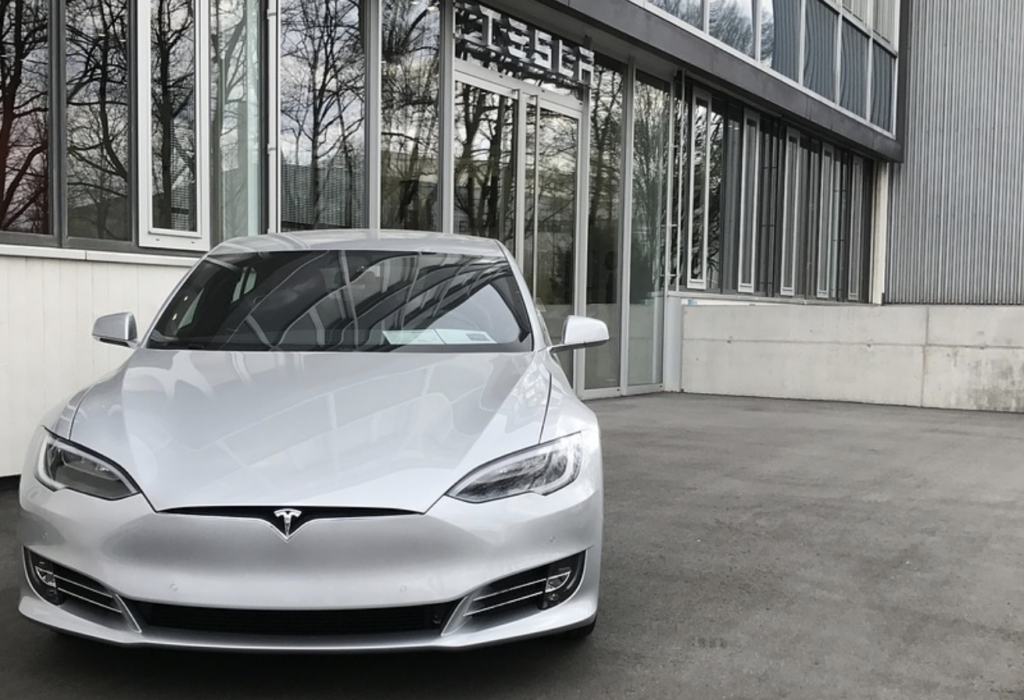Self-Driving Cars Will Soon Need Their Own Licenses To Drive?
Lawmakers are growing more concerned about the dangers of self-driving cars and are looking for better ways to regulate them.
This article is more than 2 years old
Since its inception, cars with self-driving technology have been met with both scrutiny and skepticism. Perhaps the most notable example is Tesla’s Full Self-Driving (FSD) software. FSD on a Tesla essentially enables the automobile to effectively become a self-driving car. The deployment and utilization of this technology have resulted in various mishaps, including multiple crashes and even reported fatalities. This poses the very real question: Should vehicles with self-driving technology be subject to road tests like people are before being allowed to legally operate?
In the United States, there are currently no laws in place that prohibit self-driving cars to be on the roads. In fact, there aren’t even any federal regulations that lawmakers have to meet in order to legally equip their cars with that kind of autonomous driving technology. How could this be? It’s because the United States leaves it up to the individual automaker to certify the safety, usability, and drivability of its vehicles. This is why Tesla has been able to install its FSD software in its cars without facing any immediate stop gaps.

The only recourse the government has to regulate self-driving cars and the potential dangers they pose is via the National Highway Traffic Safety Administration ( NHTSA). This agency has the power to launch retroactive investigations if they collect sufficient evidence that suggests something about a car and its features are unsafe or unfit to be operational on US roads. This process is lengthy, time-com suing and also means that most of the time a tragedy has to occur to actually get something done.
If the United States had policies in place more akin to Europe’s it could perhaps lead to a more regulated release of self-driving cars and the technologies that power them. In Europe, the government does not currently allow self-driving cars on the roads because no automaker, including Tesla, has been able to demonstrate that they are as safe or safer than vehicles being piloted by people. Thus, according to The Verge, there have been no documented incidents or accidents involving self-driving cars on its roads.
The rise in self-driving car technologies and the subsequent incidents to occur as a result of their deployment have prompted the government to reevaluate the current rules and regulations involving automobiles. Transportation Secretary Pete Buttigieg pointed out that over the course of a year it is not unheard of to record zero commercial airline deaths. “But on the roadways, we basically take it as a given, as normal, as the sort of cost of doing business, that thousands and thousands of people will die every year,” said Buttigieg.
This has given rise to the potential possibility of subjecting these self-driving cars to a road test at the federal level to ensure their operational safety before they are allowed to roam the roadways. “So many of our regulations to keep cars safe are based on how cars always used to be. We need to make sure that they’re based on how cars are going to be,” highlighted Buttigieg.
However, at this point, it will likely be years before the public sees any real forward momentum in the movement to federally regulate self-driving cars. “Our government just can’t move fast enough for self-certification to be an effective strategy,” believes Kelly Funkhouser, who works as Consumer Reports’ manager of vehicle technology. For now, the NHTSA has simply said that “the agency is committed to continually evaluating its authorities and processes to help ensure the safe development of advanced vehicle technologies.”





